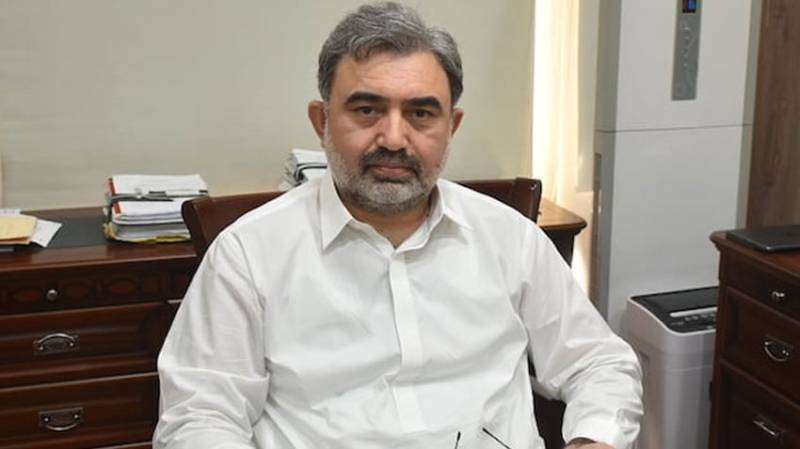F.P. Report
ISLAMABAD: Pakistan’s Indus Water Commissioner has expressed serious concern over India’s failure to share advance information and flood data, despite obligations under the Indus Waters Treaty.
In an exclusive conversation with 24 News, the Commissioner said the Indian Indus Water Commissioner did not provide Pakistan with actual flood figures or advance warning about the water being released. Instead, the Indian High Commission only gave a general intimation to Pakistan’s Ministry of External Affairs, without disclosing the number of cusecs released.
“This much water has entered the Ravi-Chenab system for the first time since 1988,” the Commissioner noted, adding that the floodwaters are expected to reach the sea by September 17–18, without causing major destruction in Sindh. He confirmed that water levels in rivers have already started to recede and all barrages remain safe.
The official highlighted that heavy rainfall in upstream and downstream areas of Indian dams—including Bhakra on Sutlej, Pong on Beas, and Ranjit Sagar on Ravi—triggered the release of excess water. Flood relays entering Pakistan were the result of spillways being opened at these dams, he said.
Currently, a flood relay of 4.65 lakh cusecs is passing through the Chenab, down from 5.5 lakh cusecs earlier. “There is a flood situation in all rivers except Jhelum and Indus,” the Commissioner said, warning that Punjab will continue to face flooding for at least seven more days. Over 700,000 cusecs are expected to enter Sindh’s Guddu Barrage, though its capacity is sufficient to handle the flow.
Emphasising the need for better water management, the Commissioner said Pakistan must urgently work on storage capacity. He added that Prime Minister Shehbaz Sharif had directed authorities to engage all stakeholders on building reserves.
Reiterating Pakistan’s stance, the Commissioner stressed that the Indus Waters Treaty remains valid and cannot be terminated or suspended. “Hydrological relations between both countries should continue under the treaty, and India must abide by its commitments,” he said.







